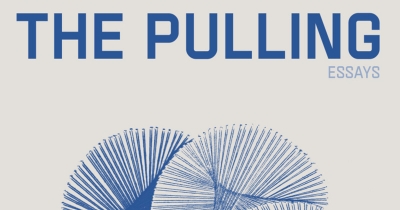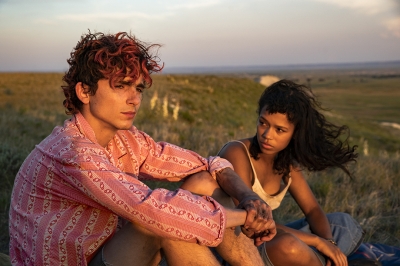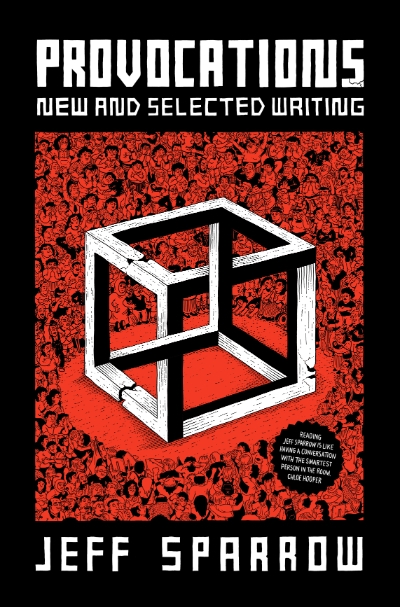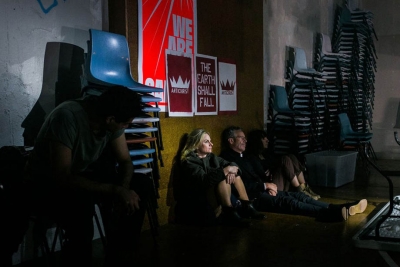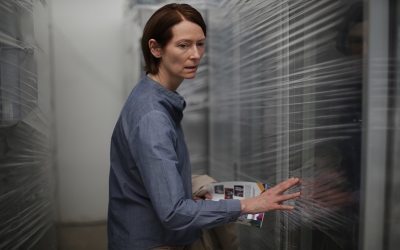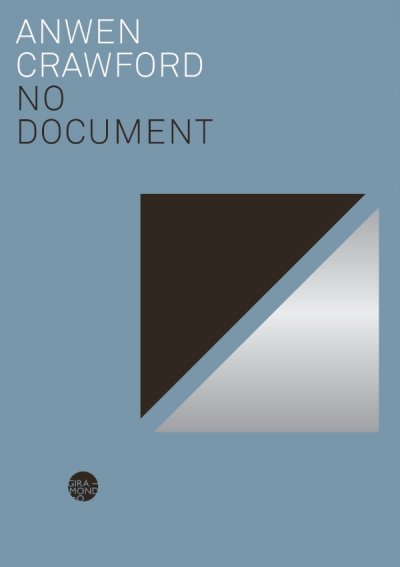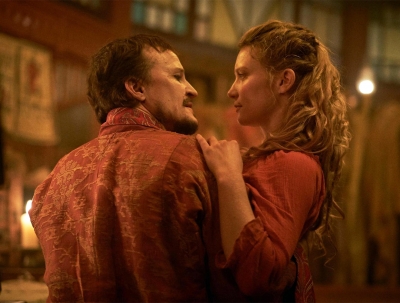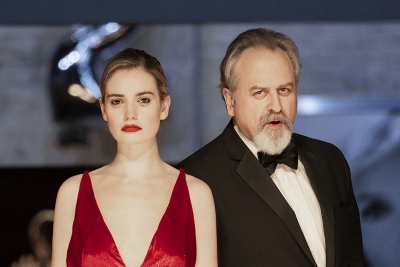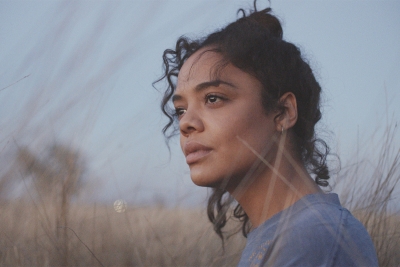Anwen Crawford
In his concession speech on election night, after a perfunctory Acknowledgment of Country and a fulsome acknowledgment of Australia’s defence personnel, past and present; after hymning our ‘functioning’ democracy with reference to Ukraine, and intimating that without him we imperil ourselves; after mentioning the ‘great upheaval’ of recent years but failing to use the words pandemic, floods, lockdown, bushfire, or climate change; and after reassuring us that he still believes in miracles, outgoing Prime Minister Scott Morrison declared that ‘the one thing’ he had ‘always counted on’ was ‘the strength and resilience and character of the Australian people’.
... (read more)Caryl Churchill’s Light Shining in Buckinghamshire, first performed in 1976, is a dense and difficult play set during the English Civil War. The period may be distant in time but Churchill, working in a broadly Marxist tradition, sees it as an era when fundamental questions of governance were tested by a mass of ordinary people. From whom does the state derive authority, and is a person bound to obey laws they find unjust? Does the existence of private property – those enclosed lands cultivated for the profit of a few – offend against the common good? Do the rich offend God? ‘For a short time when the king had been defeated anything seemed possible,’ Churchill wrote in a 1978 introductory note. The possibilities included, for some, Christ’s return and with it the instigation of an earthly Paradise.
... (read more)In the middle of Bogotá’s Parque de la Independencia is a statue of Nicolaus Copernicus. Designed by the Polish sculptor Tadeusz Lodziana, it was gifted by the People’s Republic of Poland to the city of Bogotá in 1974, after the resumption of diplomatic relations between the two countries, which had been suspended from 1952 to 1964. This period overlapped with La Violencia in Colombia, a bloody civil war between conservative and left-wing forces, during which roughly 200,000 people were killed.
... (read more)The fictional town of Seaside is ‘nowhere near the sea’, state the opening credits of Judy and Punch. Fine, but where or even when this film is set remains a puzzle throughout. The two titular characters, puppeteers Judy (Mia Wasikowska) and Punch (Damon Herriman), speak with an Irish lilt. The rest of the townsfolk – who come bedecked in grimy pirate shirts and motley, corseted gowns – possess an array of Scottish and English accents. The film opens with the medieval spectacle of three accused witches being stoned to death, and yet Seaside also boasts a uniformed police constable. Enough eucalypts are glimpsed in the background to alert any attentive viewer to the fact that, wherever Seaside is meant to be, this film was shot in Australia – in Eltham, Victoria, as it happens. Yet no reference is made to Australia at any point.
... (read more)Belgian theatre director Ivo Van Hove has an appetite for bringing cinema to the stage. As artistic director of the Toneelgroep Amsterdam since 2001, he has directed stage adaptations of three Ingmar Bergman films, made work inspired by Pier Paolo Pasolini and Michelangelo Antonioni, and staged a version of John Cassavetes’ 1977 drama ...
... (read more)‘I’m starting to see why Canada is so appealing,’ says Deb (Lily James) to her older sister Ollie (Tessa Thompson) as the two of them sit on the kitchen floor of their mother’s house trying to figure out their lives. Their mother has died after an unspecified, difficult illness; Ollie was her live-in carer and still sleeps on the sofa, out of habit and grief ...
... (read more)
